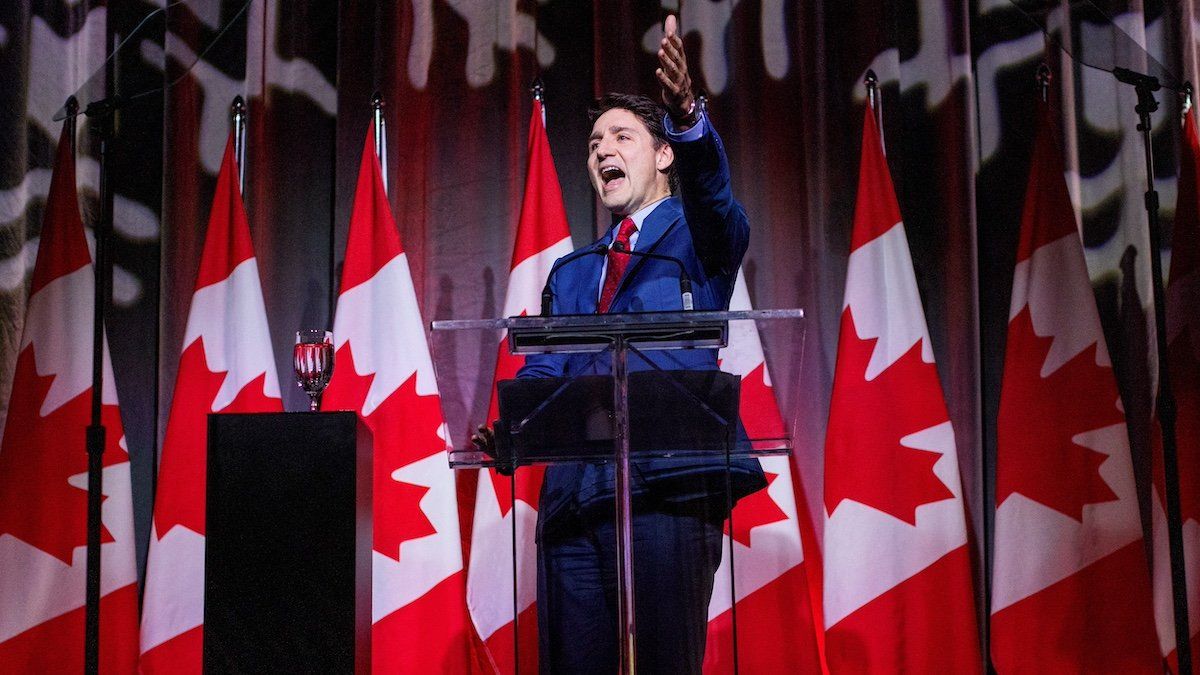Prime Minister Justin Trudeau has been the face of Canada for so long that most foreigners can’t conceive how unpopular he is at home. A recentAbacus Data pollsees Trudeau’s Liberals 23 points behind Pierre Poilievre’s Conservatives; fewer than one in four have a positive view of the prime minister; and 86 percent want a change of government (and that’s before this week’s kerfuffle with Chrystia Freeland).
The idiosyncrasies and obsession with photo opps that used to endear their youthful leader to Canadians have worn thin over nine years in power, as has his finger-wagging style. But he is not alone as an incumbent leader who has overstayed his or her welcome.
2024 has proven to be a “super year” for elections, with 70 countries going to the polls. A rough calculation that weeds out unfair election results in countries like Russia, Venezuela and Rwanda, reveals that incumbent governments outright lost roughly 40% of the time.
The British Conservatives were turfed from power, suffering their worst defeat since 1832. Donald Trump’s victory over Kamala Harris and the incumbent Democrats was a clear rejection of the status quo in Washington. There were similar political realignments in countries as diverse as Sri Lanka and Ghana.
But that doesn’t tell the whole story. In India, Prime Minister Narendra Modi was re-elected but voters turned away in droves from his Bharatiya Janata Party.
In Japan, the Liberal Democratic Party lost its majority and for the first time since 1955 won fewer than 200 seats in the 465 seat House of Representatives — even if they did manage to hang on to power through a coalition.
In Europe, the far right made gains in EU Parliament elections in France and Germany, persuading French president Emmanuel Macron to call parliamentary elections, in the hopes of marshalling a counter-reaction to the right. He succeeded in keeping the far right out of power but didn’t foresee the left wing uniting to flank him. The now deeply-fractured National Assembly has left France with a fragile government.
Voters are cranky for a number of reasons from COVID to inflation; from cash-poor governments to migration - anger which is amplified by the algorithms of social media. APew Research Center poll of 24 democracies earlier this year offered some clues about the consequences of such political turmoil.
It said 77 percent of respondents view democracy as a “good” system, better than all the alternatives, but the share who described it as “very good” has fallen by half since 2017. Perhaps most damning, three quarters of those surveyed said they don’t believe elected officials care what people like them think.
Could 2025 be the year the incumbents fight back? Maybe… if they can prove they care.
